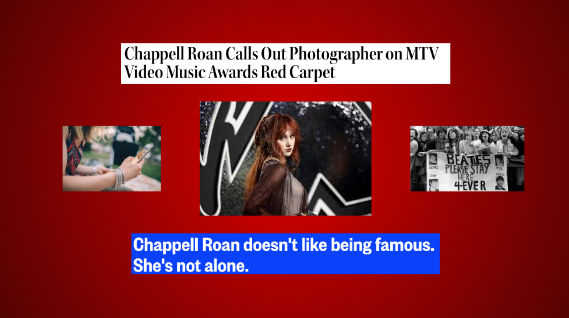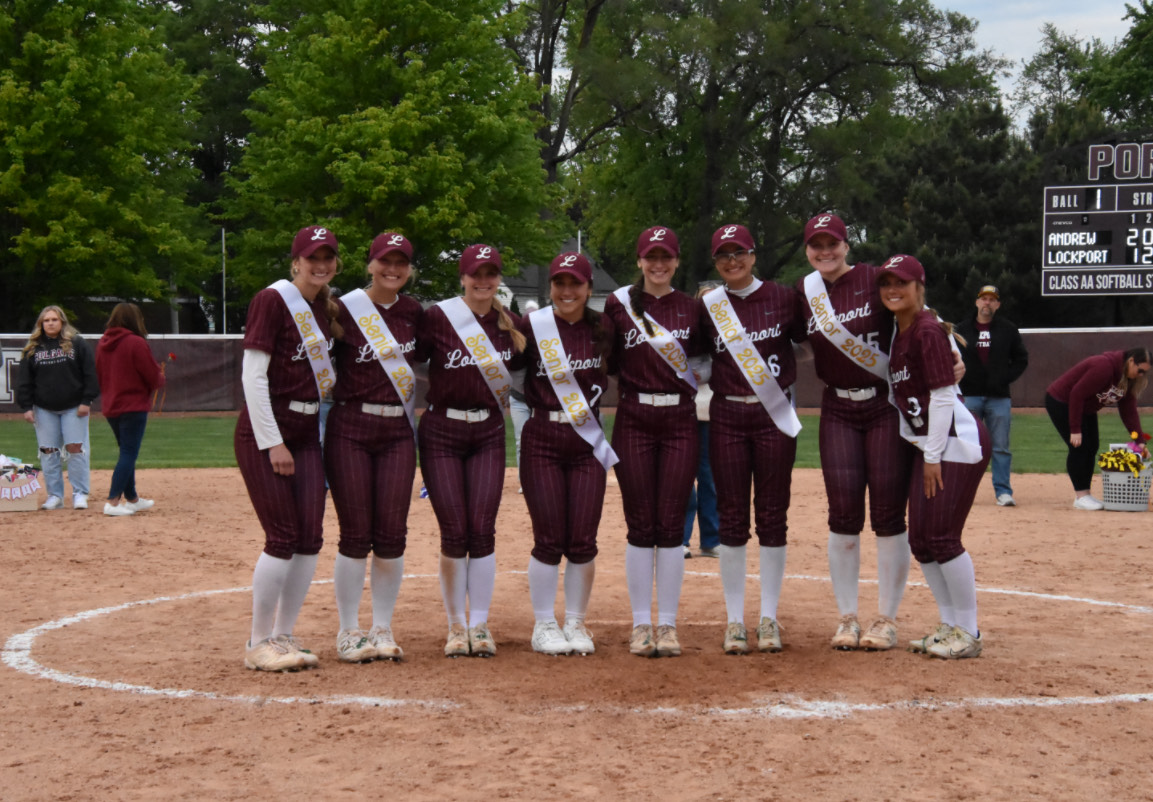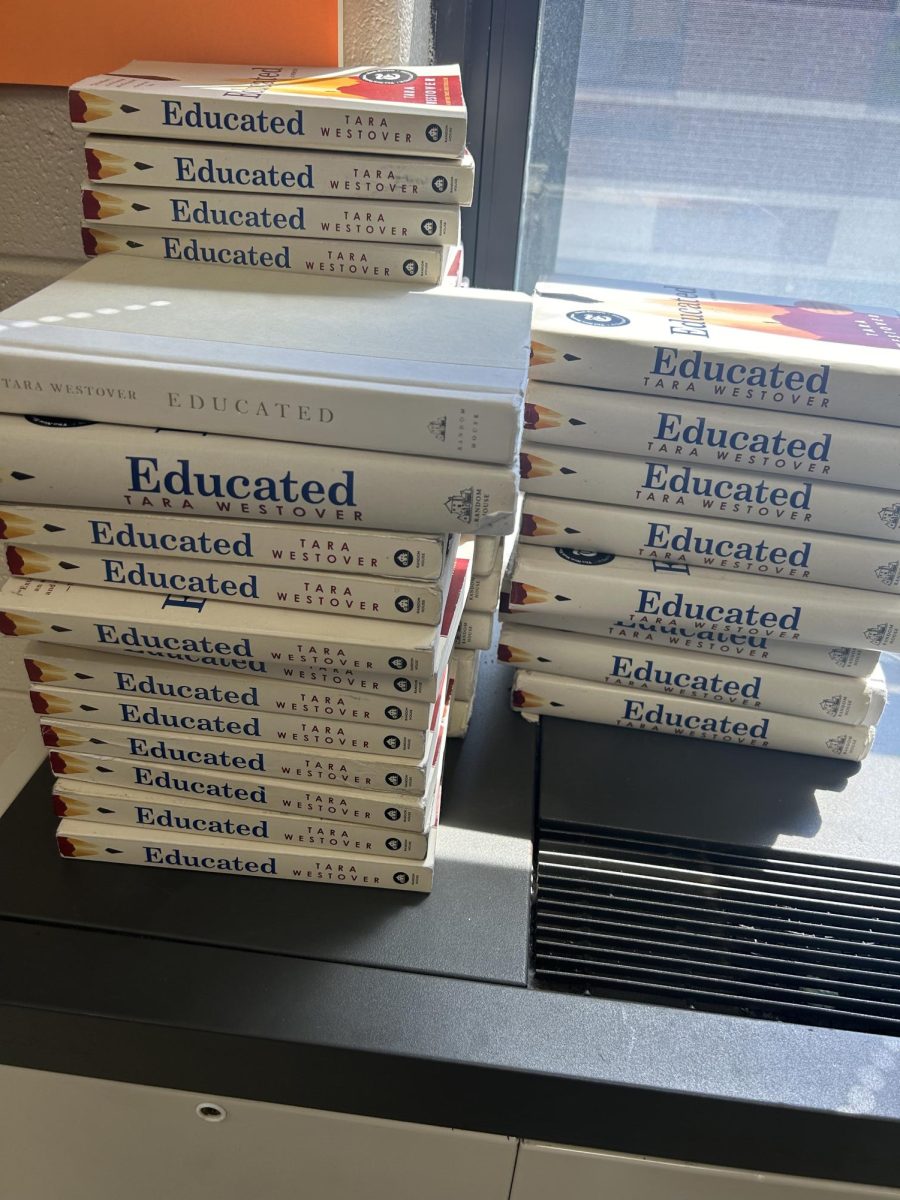In August of 2024, pop artist Chappell Roan faced backlash for a series of videos that explained her grievances with the music industry, particularly the toxic aspects of fan culture. Roan’s popularity exploded in 2024 with the release of her single, “Good Luck, Babe,” in April, and has only continued to rise.
Along with this popularity has come controversy. Aside from the controversial video series, Roan has also been criticized for yelling at the paparazzi and refusing to endorse a presidential candidate. Across the internet, many have claimed that Roan was not ready for fame and should have expected the treatment she has received from fans and critics alike.
However, Chappell Roan’s statements and actions since her rise to fame have called attention to the wider issues of toxicity and parasocial relationships within fan culture that stretches back to the beginnings of fandom.
An early example of this phenomenon can be seen in the 1960s when the Beatles rose to fame. The press dubbed the fanaticism of Beatles fans “Beatlemania,” as it extended well beyond enjoying the band’s music. Groups of fans snuck into concerts and even went as far as to stalk the musicians.
In the 60s, fans’ knowledge of celebrities was limited to their music and televised interviews. Today, on the other hand, it is much easier to observe a celebrity’s personal life through their social media accounts and press tours. These factors have heightened parasocial relationships, as fans believe that they truly know their favorite artists on a personal level. Many fans will go to extreme lengths to defend their favorite artists, sometimes going as far as to send death threats to those accusing them of wrongdoing.
There are countless examples of harmful parasocial relationships in 21st century pop culture, from One Direction stalkers to Swifties who took their love for their favorite artist too far, but one example that paints the picture of just how extreme these obsessions can be is found within K-pop fandoms. Even within the past year, several incidents have occurred involving “sasaeng fans,” obsessive K-pop fans who stalk and invade the privacy of celebrities. One member of K-pop group The Boyz was recently ambushed by a fan waiting in the emergency stairwell by his home. The fan was arrested, but their behavior is all too common in the music industry.
Interacting with celebrities and fan communities can be an enjoyable way to connect with people who share your interests, but when taken too far, can create a toxic environment for both the celebrity involved and other fans. The claims that a newly famous pop star like Chappell Roan should expect for her and her family to receive unwanted attention and that setting personal boundaries is unfair merely dismisses the severity of the harassment that many celebrities endure. Famous people are still people, even if they seem to be hidden behind a lens of fame and fortune, and should be treated as someone would treat their neighbor.








